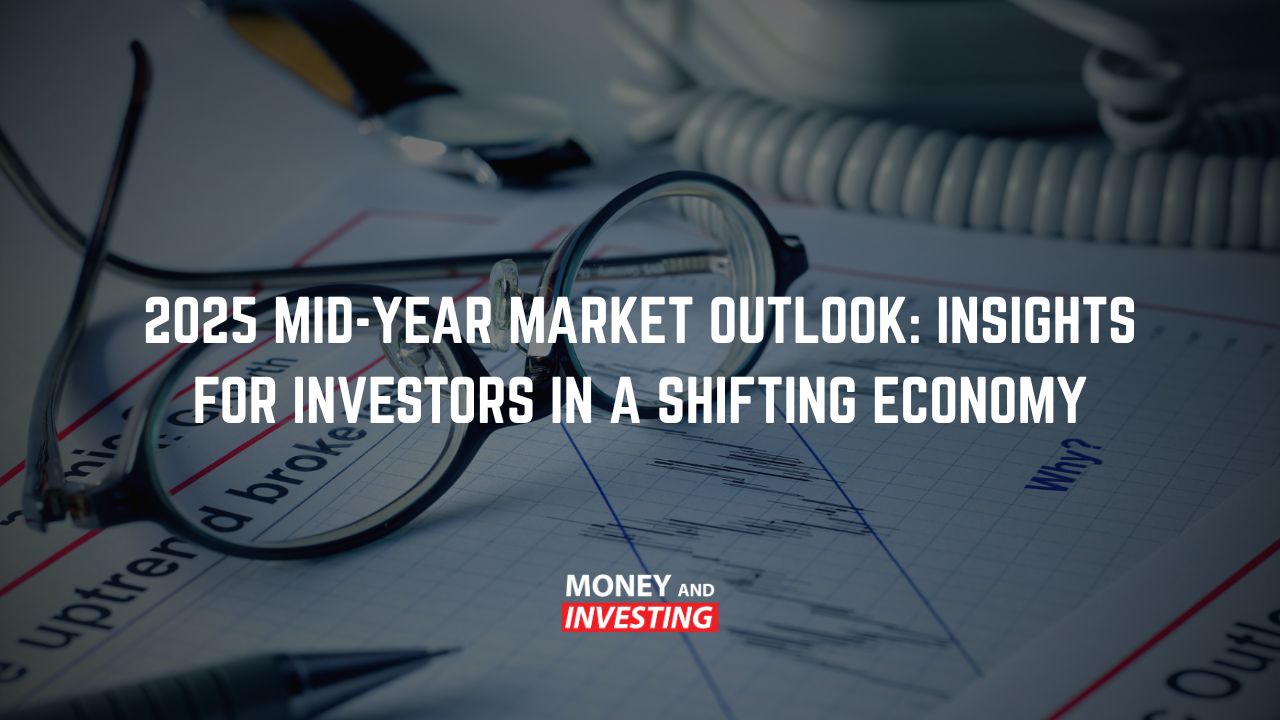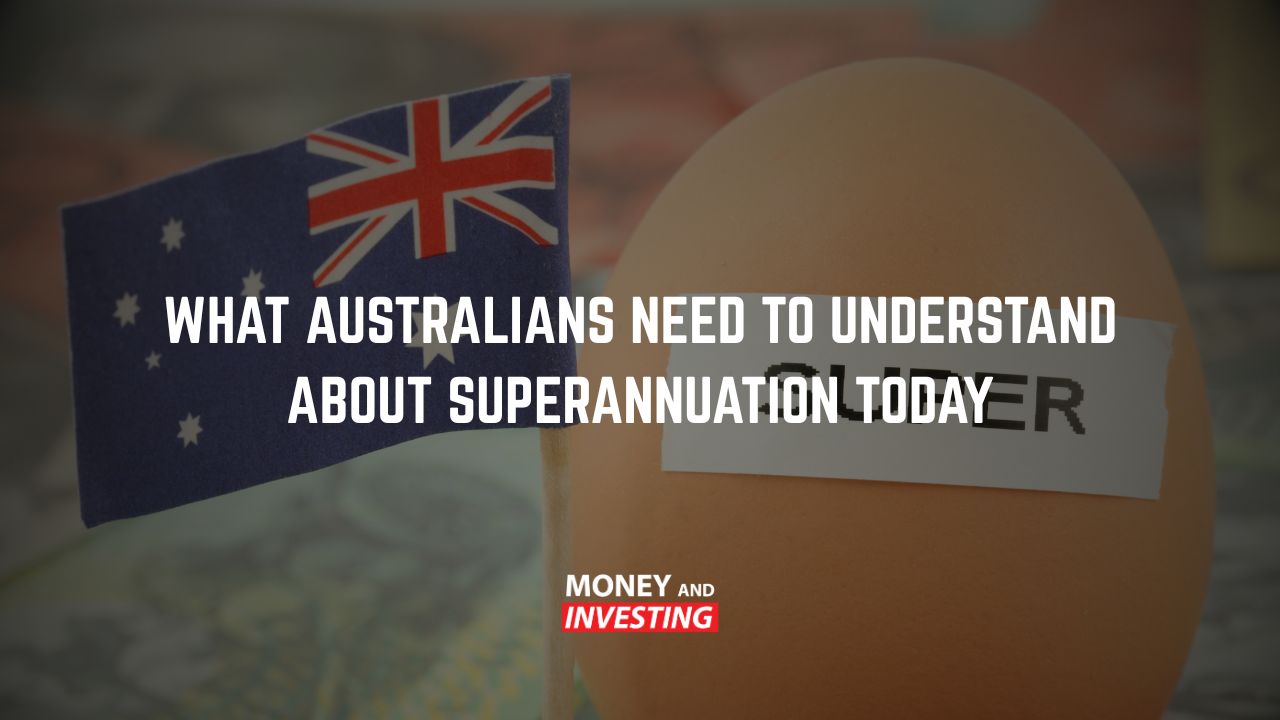Tax, Trading and Accounting: What you Need to Know. When it comes to your finances it’s not about what you make, it’s what you get to keep. Mastering the nuances of tax effectiveness. And quality accounting can make or break a person’s journey to wealth creation. Especially, when it comes to your trading activity – here’s what you need to know. To get the most out of your FY21’ tax return:
Taxation mistakes
Before we talk about what to do, it’s important to first talk about what not to do when it comes to taxation. Host Andrew Baxter partners up with guest speaker and expert tax accountant of nearly 30 years, Brad O’Hara, to decipher the biggest pitfalls of the almighty tax return. As Brad explains, the first issue is that people are getting their information. From unsolicited sources like the Internet or in magazines.
In reality, to be truly effective this year at tax time you’re going. To require the expertise of someone experienced enough versus reading. And something online that is most likely a matter of opinion. Than actual accounting advice. Secondly and for investors, the issue is working out the actual tax deductibility of their debt – something many fail to acknowledge. Redraw facilities on invest properties for personal use. Or reviewing investment transactions are niche topics that many investors fail to utilise despite having huge impacts on their tax.
Tax effectiveness versus wealth accumulation
Being tax effective and accumulating wealth do go hand in hand, however in some instances can produce very different outcomes. Let’s get this straight – we do not espouse tax avoidance in any way whatsoever given that is illegal, however, paying the least amount of tax you can (legally) is something that will lead to long-term wealth creation. Tax is a cost and thus it should be kept to the lowest in all circumstances, just so long as it doesn’t interfere with your accumulation of wealth.
Utilising Superannuation contributions for example is a good way to save $25,000 extra a year on tax, however, keep in mind this money is essentially locked up until such time that you retire. Could that money be invested elsewhere in your personal or company structure to accumulate more wealth? How valuable is that money today to growing your future?
Lodging your tax return
If you’re a pedantic person like guest speaker Brad O’Hara is, the best advice is to get your tax sorted and lodged sooner rather than later. This doesn’t mean paying your tax early (given you can wait until the following March if your return was on time last year), but it means clearing your desk and everything in order prior to the nig day of June 30th. Having your affairs up to date means you aren’t scrambling for receipts. And documents after the fact when you’ve buried your head in the sand for so long. The advice – get in touch with an expert to help you lodge your return in a timely manner.
It’s important to keep in mind that if you fail to submit a BAS statement or a tax return on time. You may actually find that your borrowing power for personal. Or investment opportunities may be limited down the line. Given the obscene amount of data that lending institutions have on us now. There unfortunately is no place to hide amidst the world of big data.
Getting your structure right early
Many people think that getting your structure set up is something that comes after you start acquiring wealth and assets – wrong. In an ideal world, getting all of this set up before the fact is what will lead. To being most tax effective down the line. Working out what your intentions are first is key – do you plan on only buying one property or multiple?
How long do you plan on holding the asset for? Are you income or capital gains focused? Understanding these factors is key to deciphering the best structure to purchase your asset(s) in. And is something only an expert accountant should be advising you on. The next step is actually getting set up and ensure. That you remain on top of your affairs and any potential change in lifestyle.
Tax on your trading
We hate to break it to you – but yes, there is tax on your trading. This may be in the form of capital gains if you have bought and sold shares at a higher price, or in the form of income if you are receiving dividends or doing something more exotic like trading options for example. All in all, the challenge arises given the multitude of broking platforms and providers, to which all have very different reporting systems and functions.
If trading is your side hustle (like it is ours), given the potential of some of the dollars you can make it’s important that you first understand the tax implications on your trading an d then becoming as most effective as you can. For anyone looking for advice in this area, reach out to us so that we can help you create tomorrow’s wealth today. Check out the Australian Investment Education for more.



